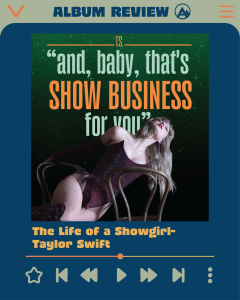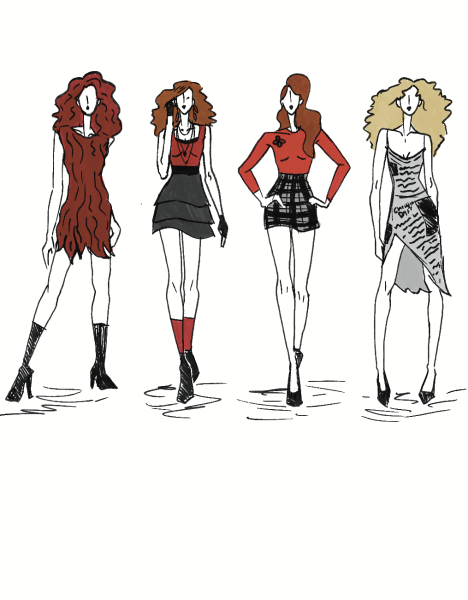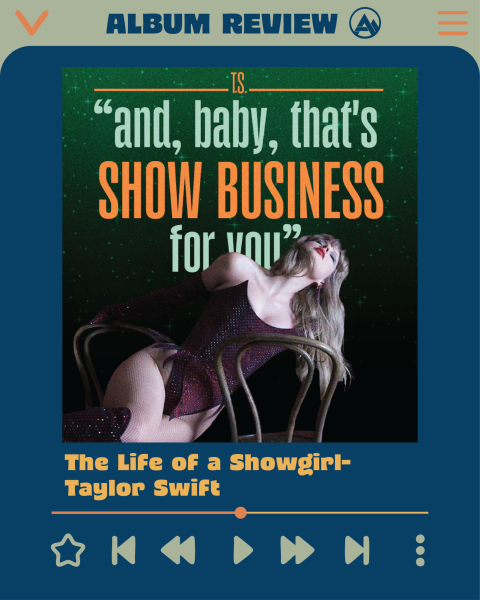COLUMN: Stop trying to convert hijabis
April 5, 2022
It is no secret Boone is a predominantly white town. Within the 93.45% white demographic, 42.4% identify themselves as religious and belong to a denomination of Christianity. As one of few Muslim women and hijabis on App State’s campus, it is easy for me to feel alone in this community. Being able to freely practice my religion and wear my hijab in Boone is an important part of feeling welcomed into the community. However, as my second year at App State comes to close, I can recount several instances in which I felt targeted by evangelicals, Christians seeking to convert others to Christianity.
I was waiting for my take-out order at a local restaurant in Boone when I was approached by a young man who first complimented my hijab. I said thank you and pulled out my phone, thinking our interaction was over. He then continued to talk about how veiling is also a Christian practice, to which I agreed, nodded and smiled. Eventually, his spiel ended in him wishing that I could find Jesus in my heart and wear my hijab for “the right reasons.” Wishing to further the interaction no more, I continued to smile and nod and hoped my order would be ready soon.
Being a hijabi means being visibly non-Christian. Being visibly non-Christian lets evangelicals know that I am not Christian at first glance, which they wouldn’t necessarily know if they glanced at any other person. Often, it feels like my hijab acts as an invitation for people to discuss religion with me in any given environment, such as a restaurant. I welcome questions about my hijab and my religion. I have no problem with that at all. I enjoy being a resource about Islam in the Boone community, especially since there is a high possibility that I am the first hijabi someone could encounter here. However, these interactions unfortunately become an issue when they segue into people hoping I can find Christ and look into the Bible. I am always taken aback when a purely informational conversation turns into one of conversion because I never give any indication that I am interested in converting, especially since I am the one who is approached.
I often wonder if people would be okay with a Muslim coming up to Christians and engaging in a conversation with a goal to convert them to Islam. Religion is a sensitive topic for a lot of people, and it is often understood to not ask random people about their religious beliefs or feelings. Why is it that visible Muslims are not given the same understanding?
Another example of unwanted conversion is the preacher often showing up on Sanford Mall. The Sanford preacher makes multiple groups on campus uncomfortable, including those in the LGBTQ+ community, non-religious people, people of different faiths, including Muslims and more. Many people, regardless of their religious identities, do not enjoy being preached at, whether it comes from a stranger in a restaurant or a preacher on campus.
Religious freedom is at the forefront of our country, which includes the right to spread religion and convert others. However, letting members of differing religions and beliefs simply exist in the Boone community without imposing an agenda onto them is vital to their comfort here. Letting different religions practice and mutually share their practices within this community can be beneficial to everyone and foster a safe space for members of all religions. The unwarranted interactions and aggressive preaching might be getting in the way of what could be a healthy environment for someone to seek converting to a different religion. At the end of the day, religion is extremely personal, and any changes to one’s religious beliefs should result from their own personal choices to seek conversion, not an ambush.











